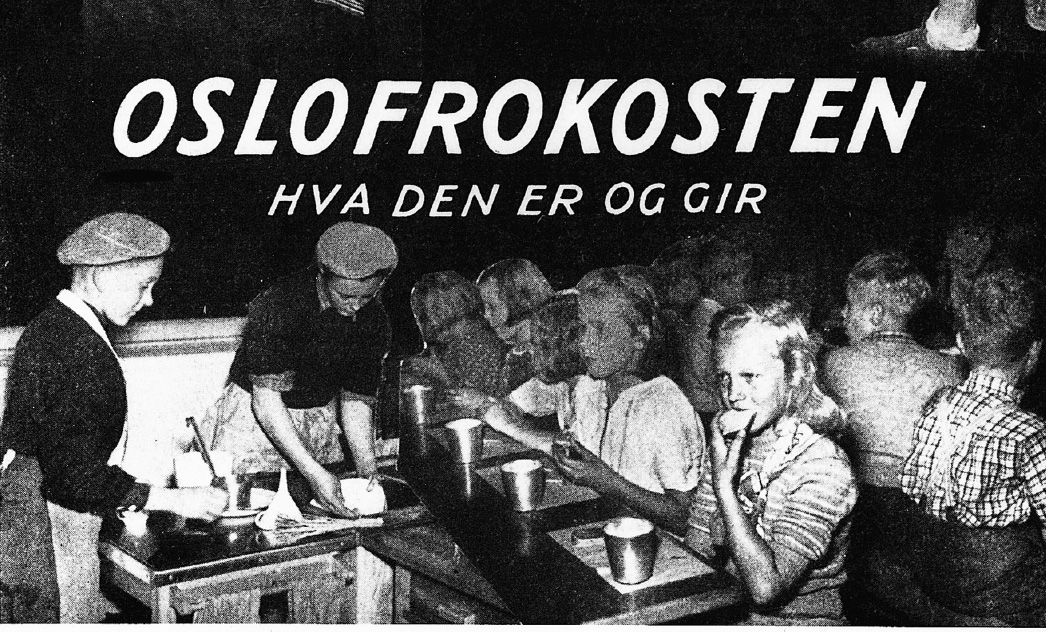A History of Western Society: Printed Page 889
A History of Western Society, Value Edition: Printed Page 896
The Scandinavian Response to the Depression
Of all the Western democracies, the Scandinavian countries under Social Democratic leadership responded most successfully to the challenge of the Great Depression. Having grown steadily in the late nineteenth century, the Social Democrats became the largest political party in Sweden and then in Norway after the First World War. In the 1920s they passed important social reform legislation that benefited both peasants and workers and developed a unique kind of socialism. Flexible and nonrevolutionary, this Scandinavian socialism grew out of a strong tradition of cooperative community action. Even before 1900 Scandinavian agricultural cooperatives had shown how individual peasant families could join together for everyone’s benefit. Labor leaders and capitalists were also inclined to cooperate with one another.
When the economic crisis struck in 1929, socialist governments in Scandinavia built on this pattern of cooperative social action. Sweden in particular pioneered in the use of large-scale deficits to finance public works and thereby maintain production and employment. In ways that paralleled some aspects of Roosevelt’s New Deal, Scandinavian governments also increased such social welfare benefits as old-age pensions, unemployment insurance, subsidized housing, and maternity allowances. All this spending required a large bureaucracy and high taxes, first on the rich and then on practically everyone. Yet both private and cooperative enterprise thrived, as did democracy. Some observers saw Scandinavia’s welfare socialism as an appealing middle way between sick capitalism and cruel communism or fascism.
